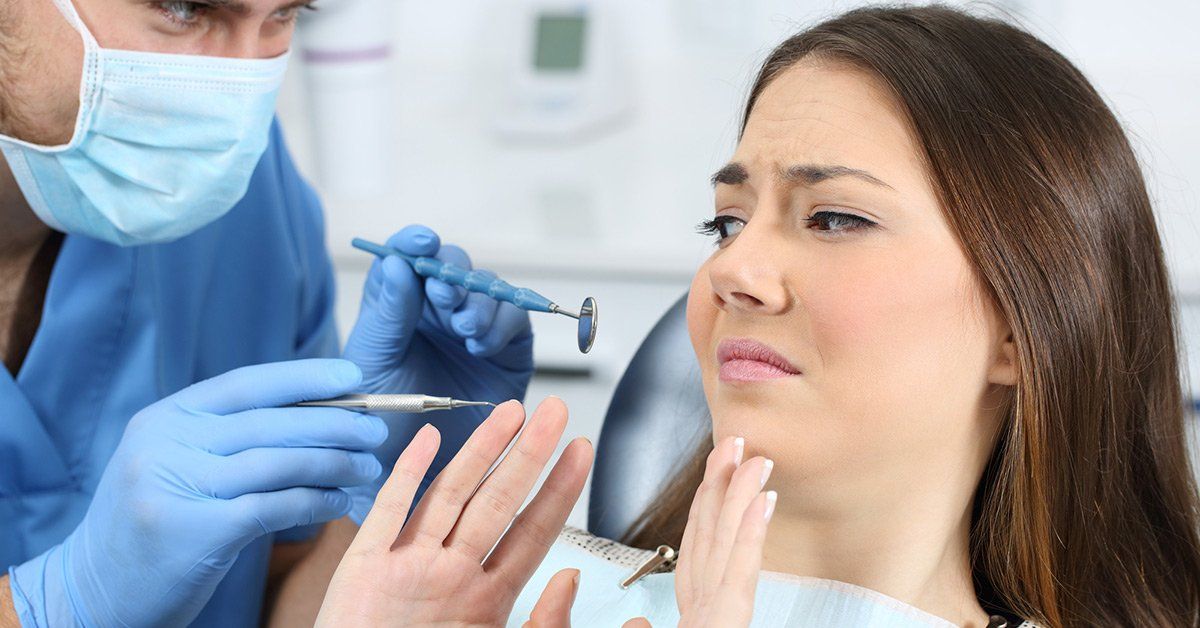Dental insurance in MA was first offered in 1964 and the initial yearly coverage was $1,000. The sad truth is that if insurance had kept up with inflation it would be covering approximately $9,000 annually today.
There are hundreds of different dental insurance companies and within each company there are many different plans available for an employer to choose to offer to their employees. In our computer software alone we have 892 insurance companies listed. An employer may choose several different plans to offer to employees based on their position within the company.
With all of these different companies and plans it can be very frustrating to work with them. It is not unusual to be on hold for 45 minutes just to get to a representative to ask one question for one patient. Imagine the amount of time this can take for every patient with all of the different companies and plans.
What is with All the Massachusetts Dental Insurance Choices?
With all of those choices out there it can be very challenging to know what your particular plan covers. There are only basically three different types of insurance coverage options:
- Indemnity: This type of plan allows you to see any dentist that accepts this type of plan.
- PPO: Preferred Provider Network. You can see most dentists on this plan but have a slightly higher cost per visit.
- DHMO: Dental Health Managed Organizations. In these plans you are assigned and select an in-network dentist or dental office and use the dental benefits in that network.
Dentists who participate in these plans are agreeing to take a discounted fee for patients with these plans. Because with the these plans dentists are not being compensated in full for care but are writing off a portion of care provided they may limit the number of patients they accept on these plans.
Your employer may offer you a plan that is a fee schedule. Ideally this is not a plan you want as they typically only pay a small amount for services and then you are responsible for the remainder. These plans will say that they pay 100% of all services only for anything preventative (cleanings, x-rays, exams and fluoride for children), for any other care they do pay 100% but only of their fee schedule. In some instances they may pay $48 for a filling that can cost over $200. Leaving you a balance of $152, not truly 100% coverage. But it is better than nothing if you are not paying for monthly premiums for this type of coverage.
Most insurance companies break coverage into three categories:
- Preventative or A: this includes cleanings, x-rays, exams and fluoride for children.
- Basic or B: this can include fillings, root canals, periodontal therapy (deep cleanings) and extractions.
- Major or C: this can include crowns, onlays, bridges, implants, partials and full dentures.
Many insurance companies have clauses attached to the coverage. It may be a waiting period and with these you may be paying the premium but will get no coverage for anywhere from 6-12 months depending on the categories. Some plans can also have a missing tooth clause which means if you lost a tooth prior to coverage they will not cover any type of care to replace that tooth even if it is replacing an existing partial.
Ultimately it is a patient’s responsibility to know their dental plans as it is with their medical plans. Most dentists will process insurance claims and accept payment from them directly. If insurance companies do not pay for any reason it is patient’s responsibility to pay for any care they have received.
Have additional Massachusetts dental insurance questions? Don’t hesitate to Contact Us or leave a reply below and we will be happy to try and answer them for you!



